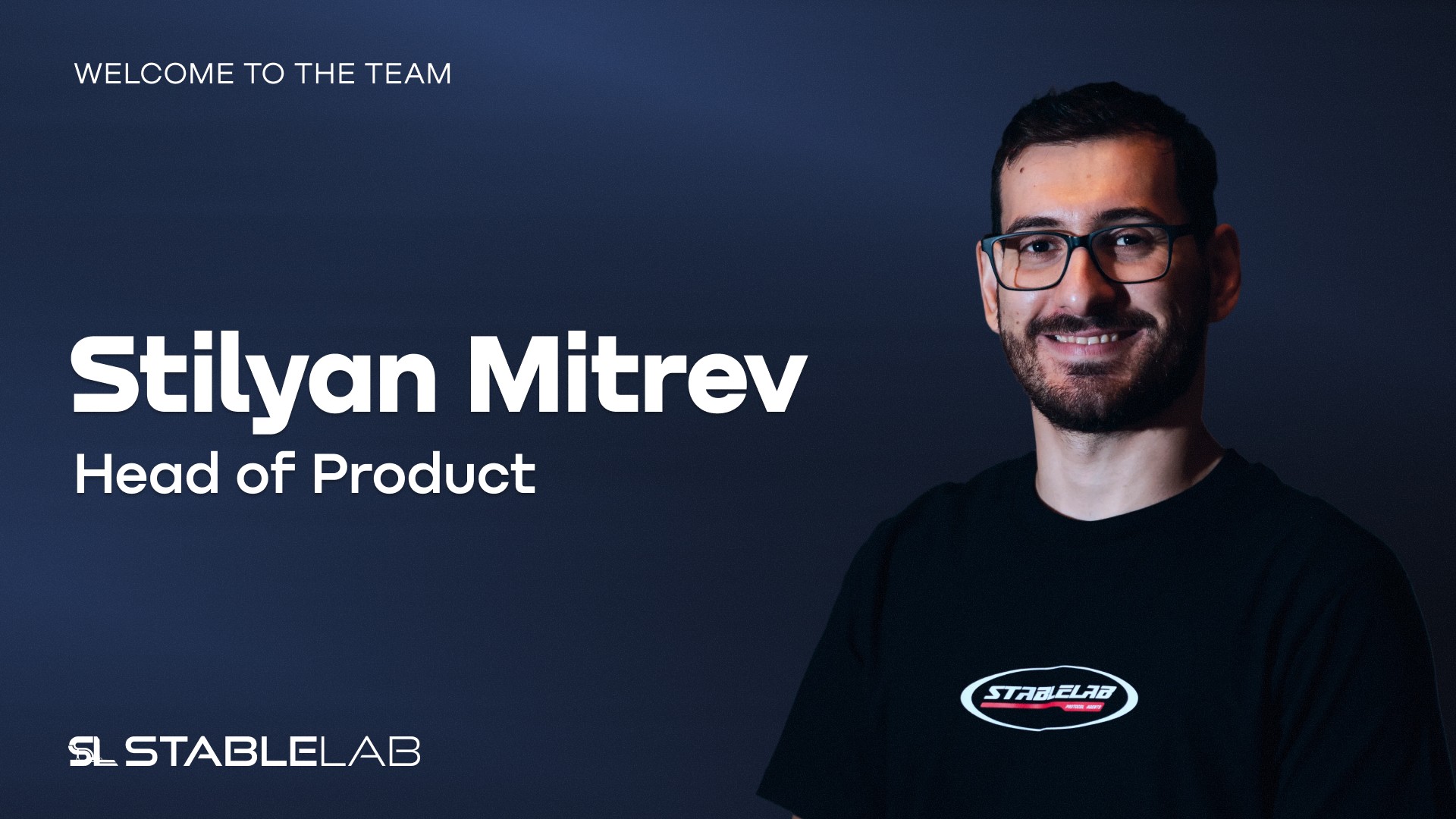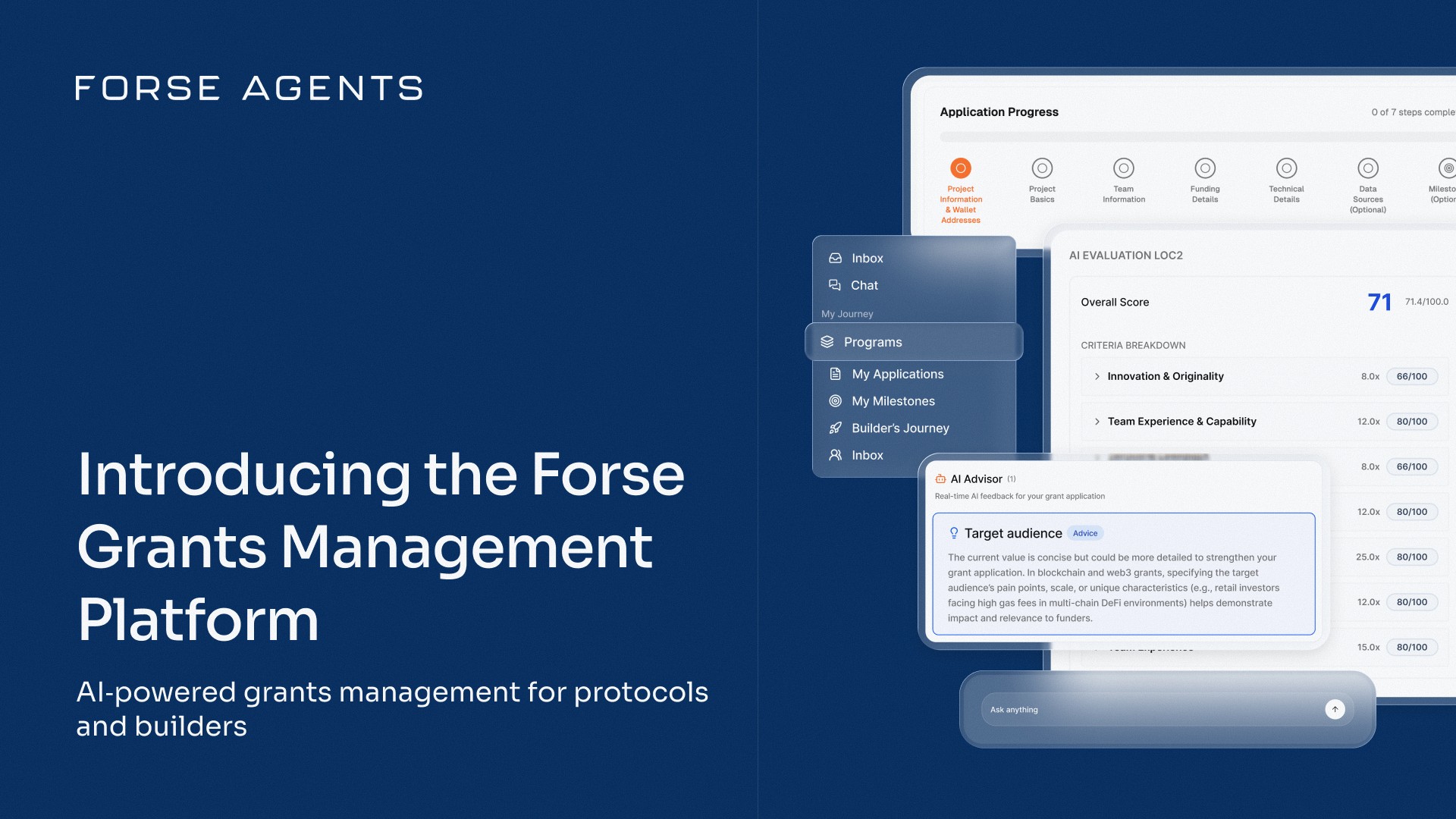Introduction: A Structural Flaw in DAO Governance
Today, delegation powers most DAO governance.
It helps communities scale, reduces noise, and puts decisions in the hands of active contributors. But it also introduces a familiar tension: what if those with power stop acting in the interest of those they represent?
This is the principal-agent problem. A well-known dilemma in economics, now reappearing in crypto. DAOs use new tools, but face an old challenge: delegation creates distance, and distance creates risk.
While the tech is novel, the real governance issues are human. Incentives misalign. Oversight weakens. Expectations blur.
This article explores how the principal-agent problem shows up in DAOs, and what can be done to keep power aligned with purpose, before the gap becomes too wide to close.
What Is the Principal-Agent Problem?

At its heart, the principal-agent problem is about misaligned incentives. An agent is empowered to act on behalf of a principal, but their interests don’t always match.
In corporate life, it’s a CEO padding bonuses at shareholder expense. In politics, it’s a representative cutting backroom deals instead of serving constituents. The agent holds the levers. The principal watches from a distance.
DAOs mirror this. Tokenholders (principals) delegate power to governance participants (agents). But once that handoff happens, oversight is thin. It’s hard to know how voting power is being used, let alone hold anyone accountable.
Worse, the flow of information is lopsided. Delegates are deep in Discord chats, working groups, and backchannel calls. Tokenholders might check Snapshot once a month. The result? Two governance realities with minimal overlap: one active, one passive. This is a textbook case of information asymmetry.
The problem is compounded by vagueness. Rarely do DAOs spell out what delegates are supposed to do. So agents optimize for the visible, casting votes, posting updates, while dodging the heavy lifting: reading code, challenging peers, building consensus.
DAOs try to patch this with accountability layers: dashboards, KPIs, incentive programs. But these are scaffolding, not solutions. Delegation will always create distance between power and intent. The best we can do is close the gap.
How the Problem Manifests in DAOs
This isn’t about dramatic failures. It’s about slow erosion, tiny misalignments that add up.
Start with passive delegation. Tokenholders delegate once and forget. Power accrues by default, not performance. Without reevaluation, governance calcifies. As CupOJoseph described it, delegation stagnation is one of the biggest unaddressed issues in DAOs.
Then there's performative governance. Delegates learn to game the metrics: show up, vote, post, repeat. It looks like participation but rarely drives real outcomes. Quantity overshadows quality.
And of course, conflicts of interest lurk everywhere. Delegates may represent teams, service providers, or themselves in grant proposals. Not all conflicts are malicious, but left unchecked, they corrode trust.
Delegation is necessary. But unless expectations are clear, accountability is real, and incentives are aligned, misalignment becomes the default.

Delegates don’t always act in bad faith, but without clear norms, even honest intentions can turn into political mumbo jumbo.
Why DAOs Struggle to Fix It
DAOs weren’t supposed to have this problem. Transparency was supposed to fix it. But transparency is only useful if someone is watching.
In practice, most DAOs lack the systems to make delegation work:
Expectations are vague.
Feedback loops are weak.
Performance reviews are rare.
Accountability mechanisms are often underdeveloped or poorly enforced.
The tools meant to help, delegate reports, incentives, grants, often miss the mark. Reports get ignored. Rewards go to the most active, not the most thoughtful. Grant funds chase visibility instead of results.
The deeper issue? Many DAOs still don’t agree on what “good governance” actually looks like. Is a good delegate someone who votes a lot? Leads working groups? Writes critiques? Without alignment on the goal, agents default to what’s easy to measure. That’s Goodhart’s Law in action.
Meanwhile, the stakes keep rising. Treasuries are bigger. Proposals are more technical. The cost of misalignment is growing, but governance hasn’t kept pace.
DAOs aren’t failing because they’re decentralized. They’re struggling because delegation at scale demands more than vibes.

History offers a brutal analogy: In the 18th century, British contractors paid per prisoner boarded, not per prisoner arrived, saw high mortality during convict transport to Australia. Classic misaligned incentives.
What’s Being Tried (and What Might Work)
DAOs aren’t blind to the problem. Most current governance experiments aim, directly or not, to manage this tension.
Compensation is the obvious lever. Pay delegates properly, and you attract serious contributors, not just hobbyists or insiders. Yet most DAO delegates earn around ~$70,000/year, relatively low for roles that involve managing large treasuries and shaping protocol strategy.
Skin in the game is gaining traction. Think: staking or slashing. Delegates who act against the community can lose reputation, or tokens. The mechanism is strong, but enforcement is tricky. Who decides what counts as a breach?
Delegate evaluation is getting smarter. Tools like Karma offer multidimensional profiles: forum activity, proposal authorship, sentiment. Still, the hard part is measuring quality, not just quantity.
Governance models are also evolving:
Liquid Democracy offers real-time vote reassignment, but often leads to centralization.
Futarchy ties decisions to prediction markets, as seen in the Uniswap x Optimism Foundation pilot, but struggles with usability and legitimacy.
Gauge Voting helps align funding with preferences, but says little about delegate behavior.
These experiments vary in complexity and credibility. What they share is an attempt to shrink the space between agent and principal, to make misalignment less likely or at least more visible.
A Realistic Path Forward
The principal-agent problem isn’t a DAO problem. It’s a human problem. Every system that delegates power runs into it. But DAOs, uniquely, can see it—and test ways to fix it.
The real challenge is cultural. Moving from:
vibes → structure
faith → feedback
trust → verification
That means:
Defining roles with clarity.
Paying people enough to care, but not enough to coast (efficiency wage)
Measuring impact, not activity.
Building real levers for communities to revoke power, not just assign it.
Delegation will always carry risk. But risk can be managed. Trust can be structured. Alignment can be built.
We just have to treat governance not as a one-time setup, but as a living system, constantly adjusted, continuously maintained.
Final Thoughts
“If you’re in a role where you’re an agent—you’re an employee. Your most important job is to think like a principal.”
— Naval Ravikant
As Steven Goldfeder (Arbitrum founder) noted: alignment and accountability aren’t optional, they’re existential. Delegates who act with ownership and long-term perspective will shape the future. Those who don’t? They’ll be replaced.
For tokenholders, the message is clear: trust, but verify. Governance won’t be fixed by automation alone. It requires participation, context, and care.
No model will ever be perfect. But one thing is clear: without accountability, even the most innovative protocols will eventually collapse under the weight of their own misalignment.
____________________
Want to go deeper?
We recently released the DAO Delegation Handbook, a practical guide to help delegates and DAO leaders close the gap between power and accountability. If you want to go deeper into the mechanics of delegation, evaluation, and trust-building in DAO governance, it’s a good place to start.
Share with your friends:








